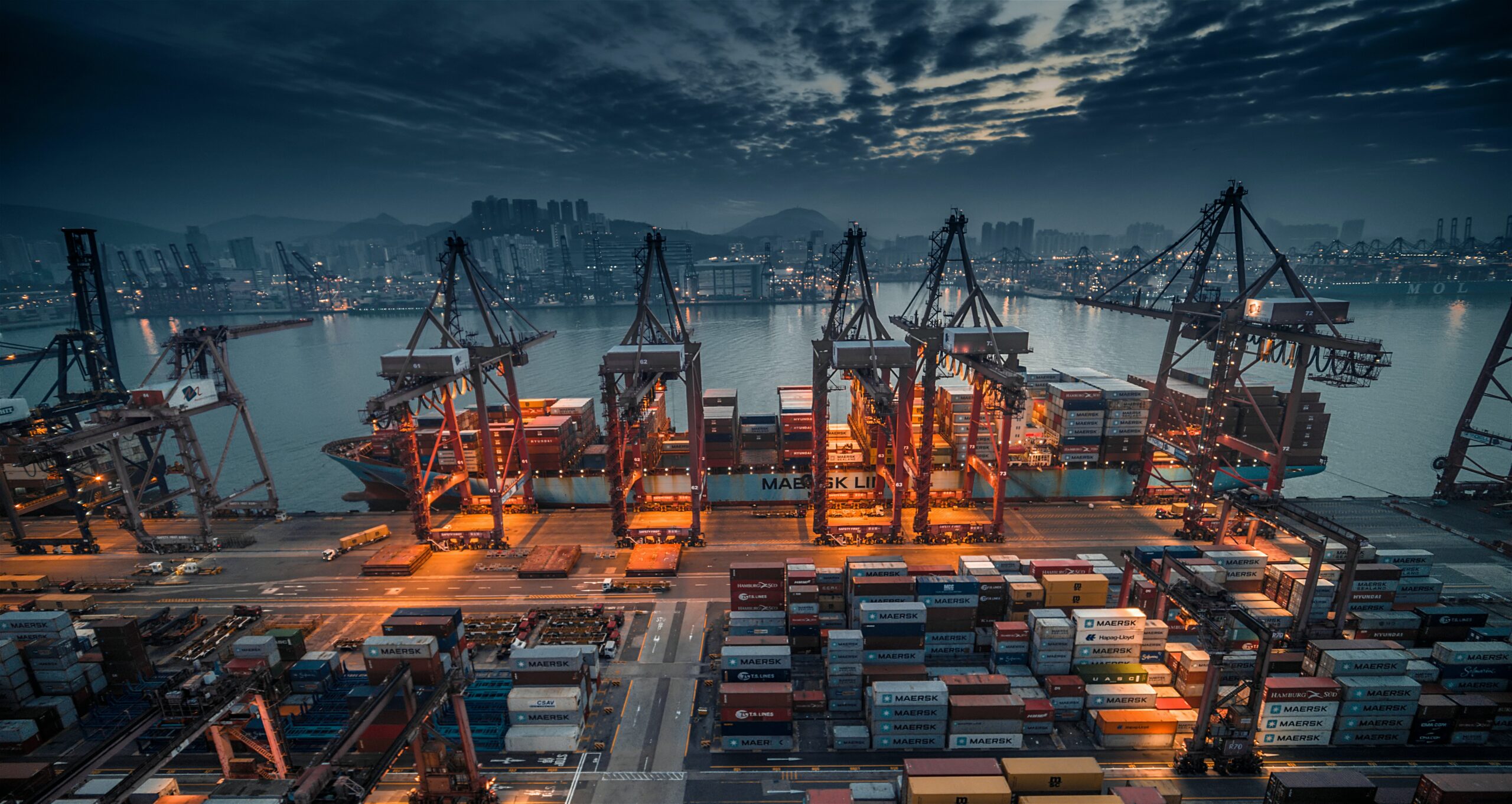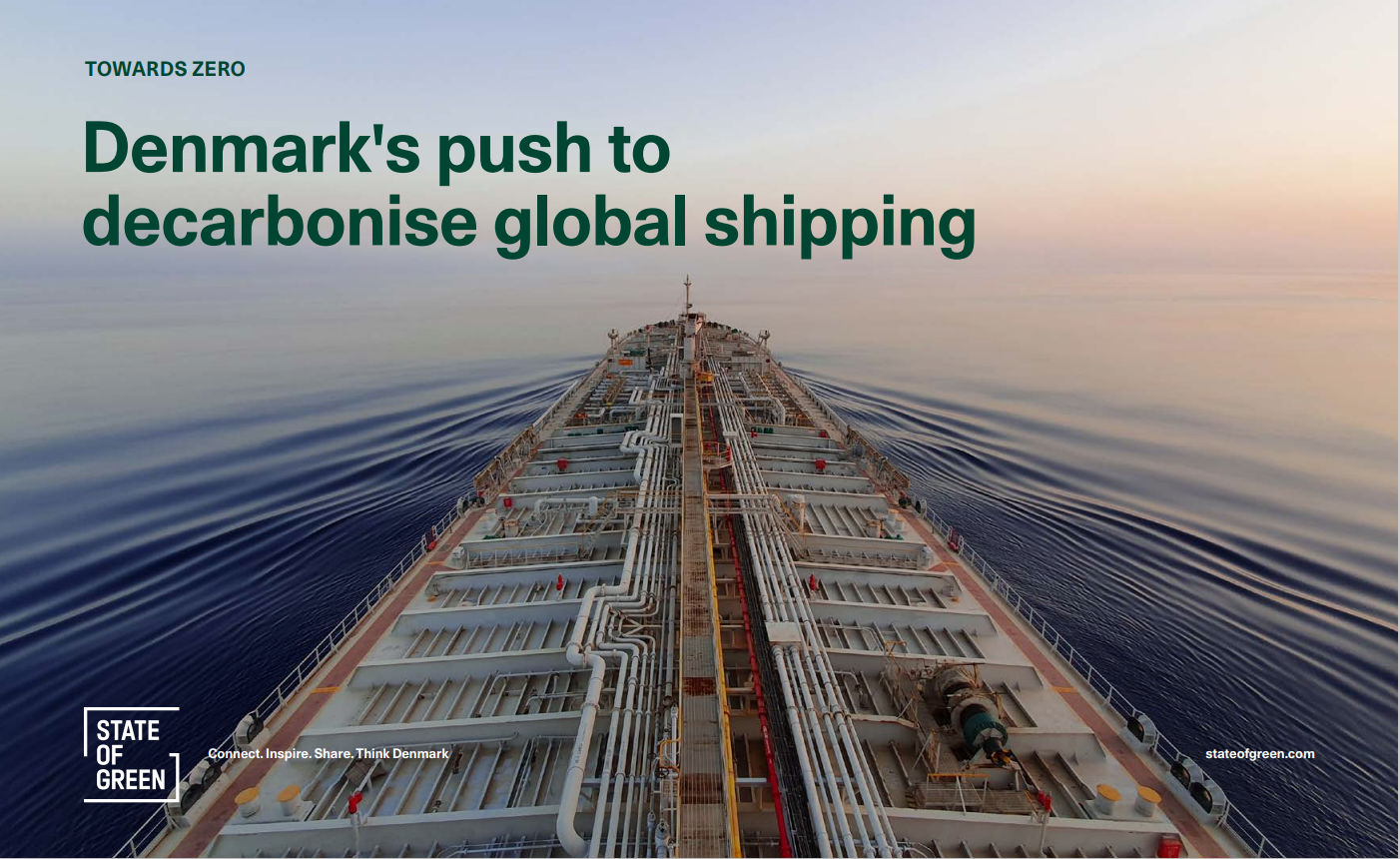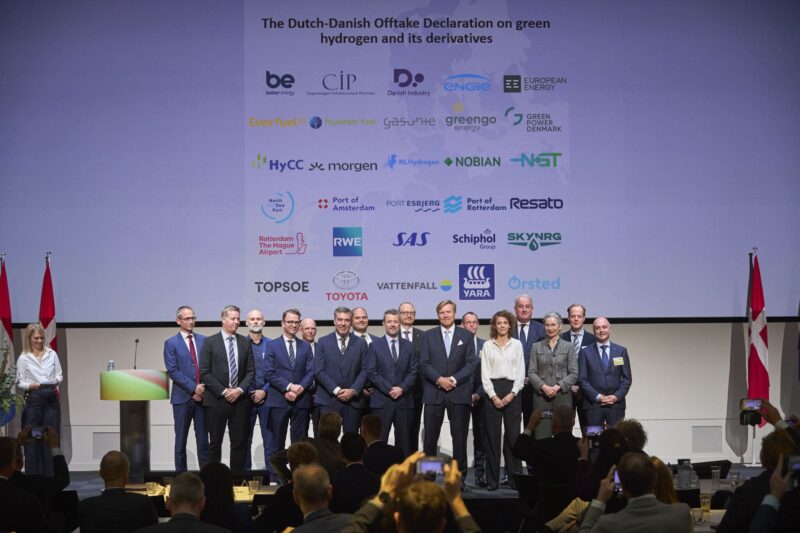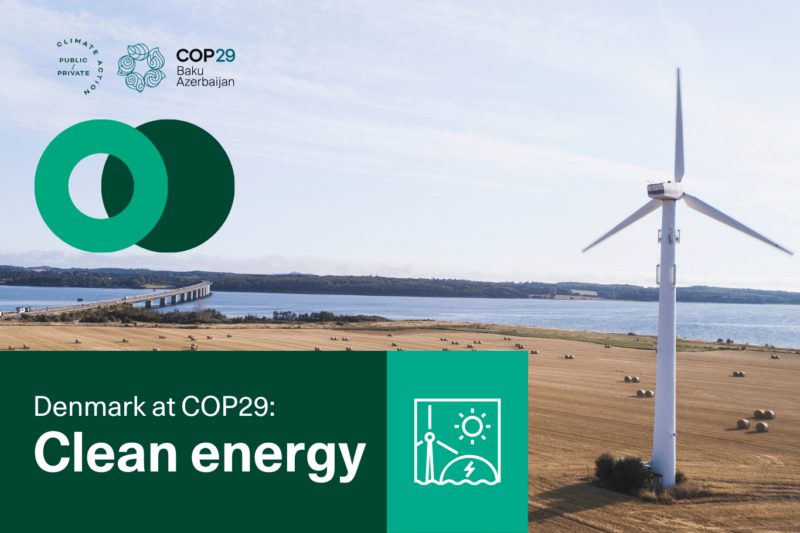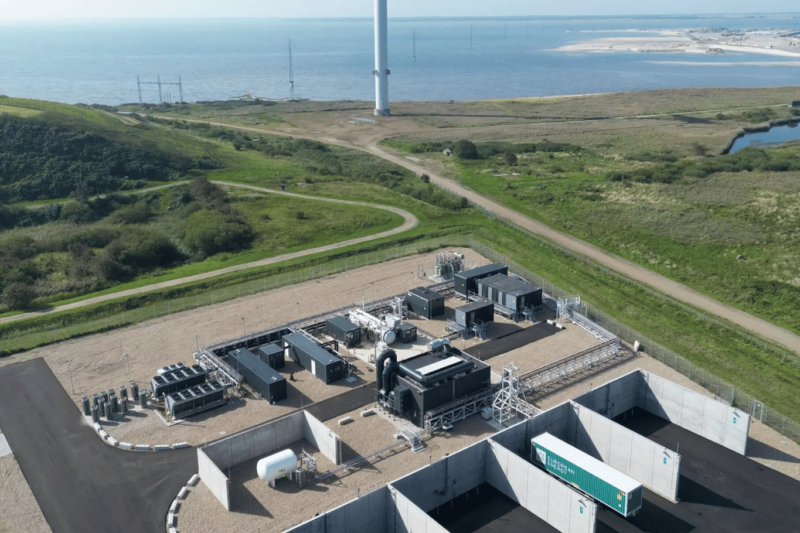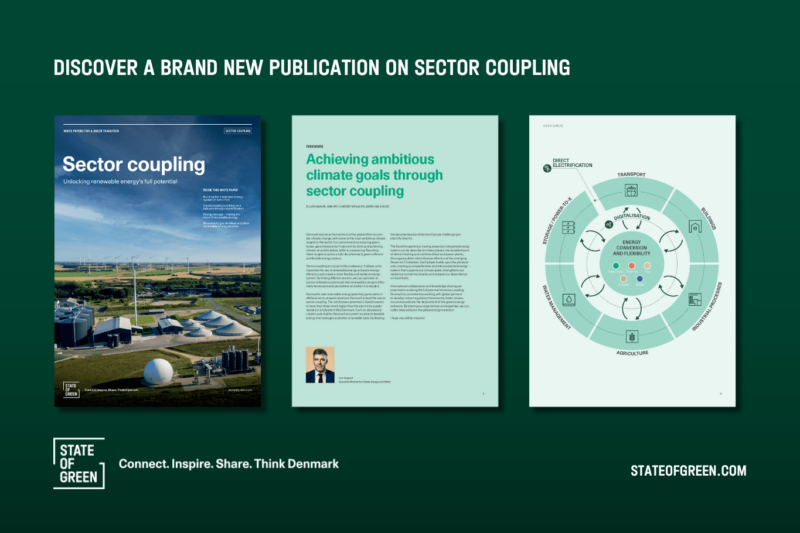The maritime sector plays a pivotal role in meeting global trade and transportation demands. While shipping goods across the world’s oceans and seas remains the most cost-effective trade method, the shipping sector is a significant contributor to global greenhouse gas emissions, amounting to roughly 3 percent of global emissions. A key challenge for the shipping industry is, therefore, to improve the existing fleet through energy-efficient technologies, measures, and global standards.
Technological strengths of the Danish industry build upon a strong maritime heritage. Combined with its commitment to transforming its energy system, Denmark is an ideal hub for technology development and innovation. In fact, the world’s first two-stroke engine capable of running on methanol was designed in Denmark. In securing effective regulatory frameworks, Denmark has taken a proactive stance by advocating for increased regulation within the global shipping industry, herein proposing comprehensive global targets for reducing carbon emissions. The Danish leadership has resulted in the endorsement of three essential measures by the International Maritime Organisation (IMO) to govern and mitigate carbon emissions in the global shipping sector.
Specifically, the IMO has implemented the Danish proposed regulatory measure named the Energy Efficiency Design Index (EEDI) to expedite the reduction of CO2 emissions by enhancing the energy efficiency of newbuild ships. Amongst like-minded actors, the Danish shipping industry was likewise actively pushing for the inclusion of the Energy Efficiency Existing Ships Index (EEXI), and the Carbon Intensity Index (CII). Both EEDI and EEXI assess the technical efficiency of ship designs by examining theoretical emissions, design characteristics, and onboard equipment. Additionally, CII focuses on evaluating the operational efficiency of vessels, providing an efficiency rating based on reported fuel consumption, emissions, and transport work done within a calendar year. In 2013, the EEDI became the first of these regulations to enter into force and was applied to newbuilds only. Both the EEXI and the CII were introduced on 1 January 2023 and are applicable fleetwide.
New developments in the industry go hand-in-hand with a great understanding of both ships and engines. This becomes important when retrofitting ships to run on methanol instead of diesel where the energy density is lower. Danish marine equipment manufacturers have processes and solutions that enable shipowners to meet regulatory requirements like the Carbon Intensity Indicator (CII) and the Energy Efficiency Existing Ship Index (EEXI). At the fundamental level, these standards pave the way for the adoption of more environmentally friendly fuel sources for vessels, such as green hydrogen and methanol. However, various analyses indicate that these fuel options may come with a notably higher cost.
As a result, it is crucial to carefully oversee and optimise every part of a vessel to increase its energy efficiency and reduce energy consumption. For instance, the Danish company Hempel enhances the hydrodynamic performance of vessels through the application of low-friction silicone coatings, which enables vessels to glide through the water and achieve desired speeds while expending less power. The utilisation of innovative coating technologies not only leads to a reduction in fuel consumption but also contributes to a substantial decrease in greenhouse gas emissions. In fact, vessels can achieve savings of up to 6 percent in energy consumption, leading to a 9-month return on investment.
